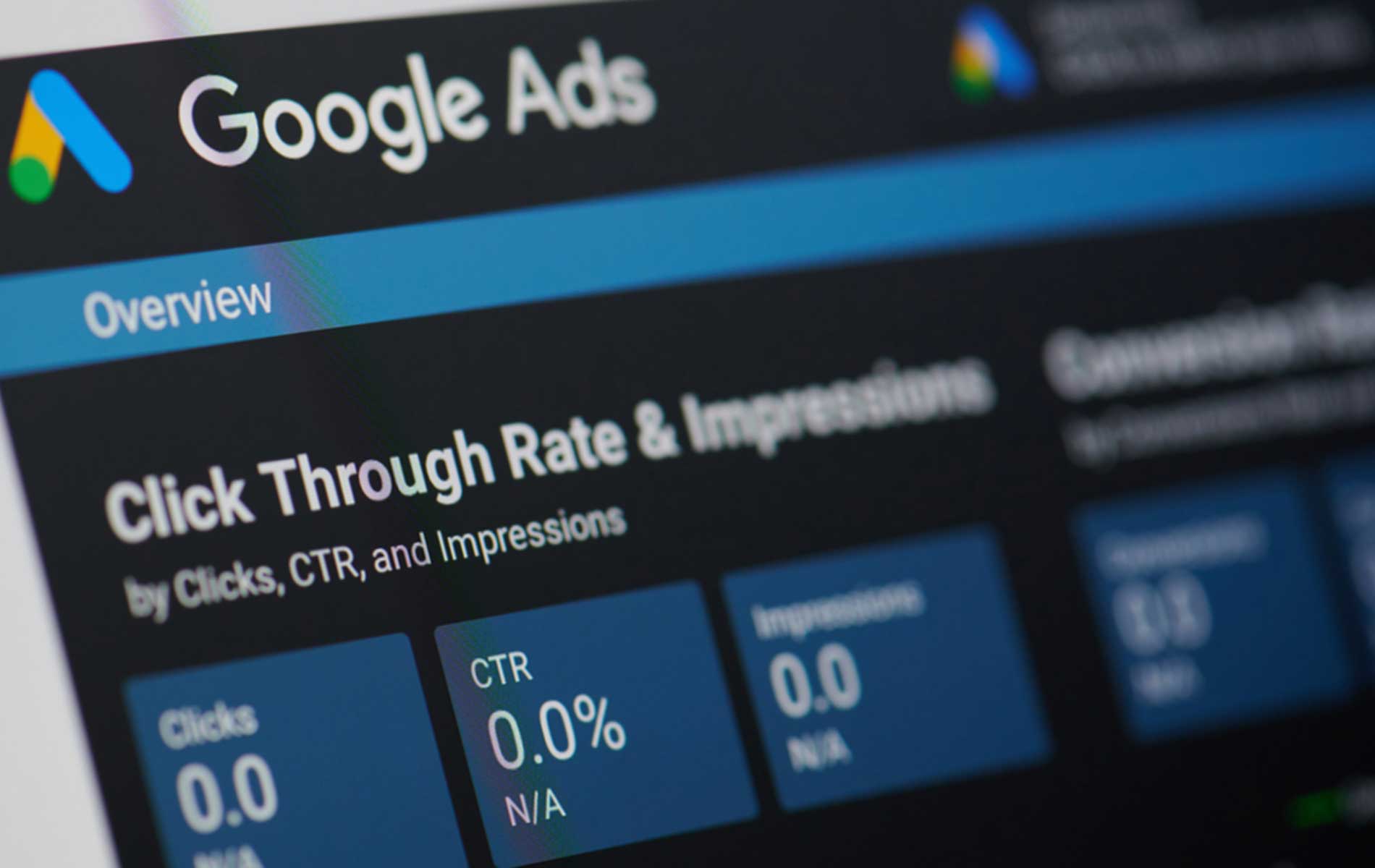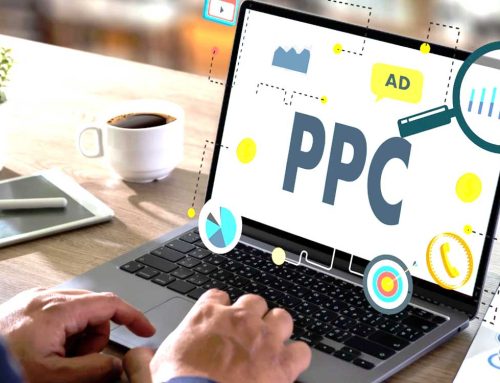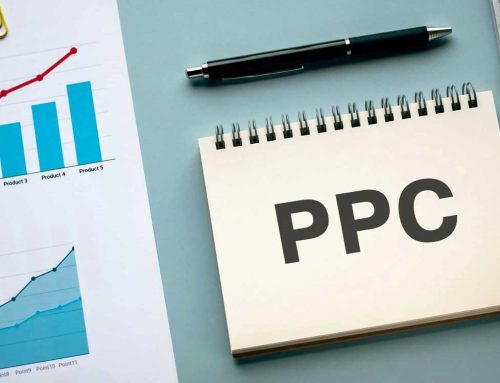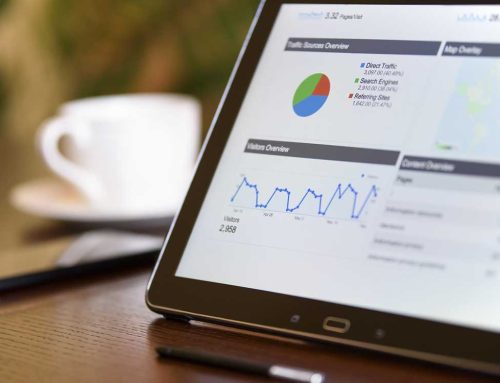In 2025, Pay Per Click (PPC) marketing remains one of the most effective ways for businesses to drive targeted traffic, boost brand visibility, and increase conversions. By strategically placing ads in front of highly relevant audiences, businesses can see immediate results and tangible ROI. This article explores the key benefits of PPC, the latest trends, and best practices for maximizing success in today’s competitive digital landscape.
1. What Is Pay Per Click (PPC) Marketing?
Pay Per Click (PPC) is a digital advertising model where businesses pay a fee each time their ad is clicked. Unlike traditional advertising, PPC campaigns are highly measurable and provide immediate visibility. Google Ads, Bing Ads, and Facebook Ads are among the most popular platforms for running PPC campaigns. PPC allows businesses to reach their target audience in real-time with highly targeted keywords.
Why PPC is Essential in 2025:
-
Instant Results: Unlike organic search strategies, PPC delivers immediate traffic to your site, which is crucial for generating leads quickly.
-
Targeted Advertising: PPC campaigns allow advertisers to target specific demographics, interests, geographic locations, devices, and more.
-
Measurable ROI: With tools like Google Analytics, businesses can track their PPC campaign performance in real-time, ensuring they are getting value for their ad spend.
2. Key Benefits of Pay Per Click Marketing
2.1 Instant Traffic & Increased Visibility
With PPC advertising, your ads appear on top of the search results or across social media platforms, ensuring visibility to potential customers right when they are looking for products or services. This is especially useful for businesses that want quick results and increased exposure.
2.2 Cost Control and Budget Flexibility
PPC offers complete control over your budget. You set the maximum amount you’re willing to spend per click and can pause or adjust campaigns anytime. This flexibility allows businesses to optimize their ad spend and only pay for results, ensuring that every dollar is well spent.
2.3 Highly Targeted Audience Reach
One of the greatest advantages of PPC is the ability to target specific audience segments based on factors such as:
-
Search Intent: Reach users actively searching for keywords relevant to your business.
-
Geographic Location: Target local or international markets.
-
Demographics & Interests: Tailor your ads to specific age groups, professions, or hobbies.
2.4 Brand Awareness and Remarketing
Even if a user doesn’t click on your ad, the mere exposure can help increase brand awareness. Additionally, with remarketing, you can target users who have previously visited your website, increasing the chances of conversion on future visits.
3. The Future of PPC in 2025: Key Trends to Watch
3.1 AI and Automation in PPC Campaigns
As Artificial Intelligence (AI) continues to evolve, PPC platforms like Google Ads and Microsoft Advertising are incorporating more AI-powered features to automate bidding strategies, optimize keyword targeting, and improve ad creatives.
Smart bidding strategies, powered by AI, adjust bids in real-time based on factors like device, time of day, location, and more, ensuring optimal performance.
3.2 Voice Search Optimization for PPC
With the rise of voice search (via platforms like Google Assistant and Siri), PPC marketers must adapt their keyword strategies to include conversational, long-tail phrases. Ads will need to be optimized for natural language queries to capture voice search traffic effectively.
3.3 Video Ads and Interactive Content
Video content is gaining traction in PPC campaigns, especially with platforms like YouTube. Video ads are an excellent way to engage users, showcase products, and drive traffic. Expect to see more interactive ads (polls, quizzes, etc.) integrated into PPC strategies, boosting user engagement.
3.4 Local PPC and Geo-Targeting
As businesses increasingly aim to attract local customers, local PPC campaigns have become essential. In 2025, geo-targeting will allow businesses to serve highly relevant ads to consumers in specific locations, enhancing the relevance of ads and improving conversion rates.
4. Best Practices for Running Effective PPC Campaigns
4.1 Conduct Thorough Keyword Research
Keyword research is the foundation of any successful PPC campaign. Using tools like Google Keyword Planner or SEMrush, identify high-intent keywords that align with what your audience is searching for. Include both short-tail and long-tail keywords to capture a broad spectrum of potential customers.
4.2 Optimize Landing Pages for Conversions
A successful PPC campaign doesn’t stop at the ad click. You need to ensure that the landing page provides a seamless experience. Ensure fast load times, relevant content, clear calls-to-action (CTAs), and user-friendly design. The better your landing page, the higher the conversion rate.
4.3 Test and Refine Ads Regularly
A key to PPC success is continuous testing and optimization. Regularly A/B test ad copies, headlines, and images to determine which ones drive the most conversions. Small tweaks can lead to significant improvements in performance.
4.4 Monitor and Adjust Campaigns
Even after your campaign is live, consistent monitoring is essential. Review performance metrics, such as Click-Through Rate (CTR), Conversion Rate (CR), Cost Per Click (CPC), and Return on Ad Spend (ROAS). Use this data to make necessary adjustments in targeting, budget, and bidding strategy.
4.5 Use Remarketing to Increase Conversions
Not every visitor will convert on the first interaction, but remarketing allows you to stay in front of potential customers who previously visited your site but didn’t complete an action. By showing relevant ads to these users, you can increase the likelihood of converting them into customers.
5. Common PPC Mistakes to Avoid
5.1 Ignoring Negative Keywords
Not using negative keywords can waste a significant portion of your budget on irrelevant clicks. Identify keywords that are irrelevant to your business and exclude them from your campaigns to improve ad relevance and efficiency.
5.2 Overlooking Mobile Optimization
With more people browsing and shopping on mobile devices, mobile optimization is critical for PPC success. Ensure your ads, landing pages, and entire user journey are optimized for mobile devices to avoid losing potential customers.
5.3 Failing to Track ROI
If you don’t have clear goals and conversion tracking set up, it’s impossible to measure the effectiveness of your campaigns. Use Google Analytics and PPC platform tools to track ROI and ensure that your ad spend is generating profitable results.
Conclusion: Why PPC Marketing is Crucial in 2025
In 2025, PPC marketing will continue to be a cornerstone of effective digital marketing strategies. Its ability to drive immediate traffic, provide measurable results, and target highly relevant audiences makes it an indispensable tool for businesses of all sizes. By staying ahead of industry trends, testing different strategies, and refining your campaigns, you can maximize the return on investment and maintain a competitive edge in your market.
Ready to take your PPC campaigns to the next level? Contact ElevationSEO today for expert PPC management services that will help you achieve higher conversion rates and better ROI.






